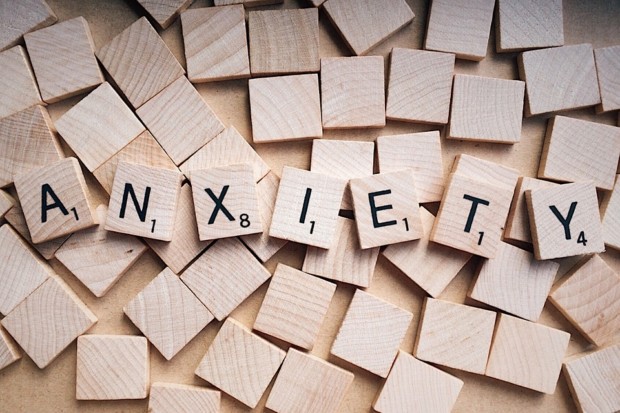

Keeping track of your mental health as you prepare for final exams
EtobicokeHealthHealthHumberLifestyleNews Feb 26, 2019 Vanessa Gomez

The end of the reading week is bringing deadlines for final projects closer and exam week is around the corner. Keeping track of their mental health and preparing both mentally and physically for the weeks ahead can help students succeed during this busy time of the semester.
Managing stress and anxiety can be tricky when the academic pressure increases. Even though both symptoms are typical responses of the human body, when they get to a certain degree they can interfere with your daily life.
Statistics Canada reports 23 per cent of young Canadians 15 years or older feel ‘quite a bit’ or ‘extremely stressful,’ during the day. Additionally, a study on the Psychology Bulletin journal says, among Canadian college students, there is a 33 per cent spike in perfectionism levels. The same research says this increase can lead to eating disorders, high blood pressure and suicidal thoughts.
“If stress and anxiety compound on each other and your body does not know how to respond, it will start to interfere with sleep, memory and can lead to long term depression if you are feeling isolated,” says Kayla Noodleman, a registered psychotherapist in Toronto.
Noodelman says mental health is an essential part of well being and if you are anxious all the time you would not have access to problem-solving skills.
“Especially during exam time if you are really wrapped up with stress and anxiety, and you can’t think properly, that is going to interfere with your academic performance.”
Jana Brankov, a counsellor at Etobicoke Counselling, says there are some things students can do to tackle their level of stress or anxiety, like going to the gym or making a list of the things to do during the day.
“It is important to calm things down, you make a plan, and then you wake up the morning, and you have your plan. We just focus on the task in front of us, and we avoid overwhelmed.”
Noodelman also recommends students to use meditation to help their bodies calm down. However, she says the most helpful tool is to have your friends and family around, which will avoid the feelings of isolation.
“If you feel lonely and anxious, and there is no one there to support you, it is really hard to figure out what to do. I actually recommend even during exam time prioritizing meaningful connections to loved ones.”
Another resource students can use to cope with these overwhelming feelings is on-campus counselling.
“There is no criteria for referral, once they come in they can talk about a break up with their boyfriend, or it could be something very serious like challenges with anxiety and more complex mental health issues,” says Jacqueline Anderson associate director of students wellness and development, is one of the advantages of seeking counselling at Humber.
Humber offers free counselling services for students who require them. Students can book an appointment with an on-campus counsellor who will meet up with them in an individual session or they can go to the walk-in clinic and talk to the mental health nurse.
Anderson says students can get the help they need off-campus, accessing Good2Talk which is a 24 hour, seven days a week helpline for post-secondary students.
Humber College also offers the weekly “healthy minds for stressful times” workshop which runs every Wednesday from 1:30 p.m. to 3:30 p.m on the third floor of the Learning Resource Commons.
